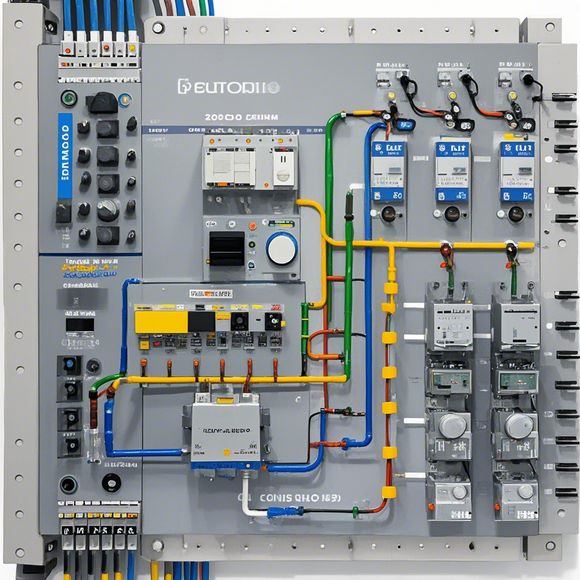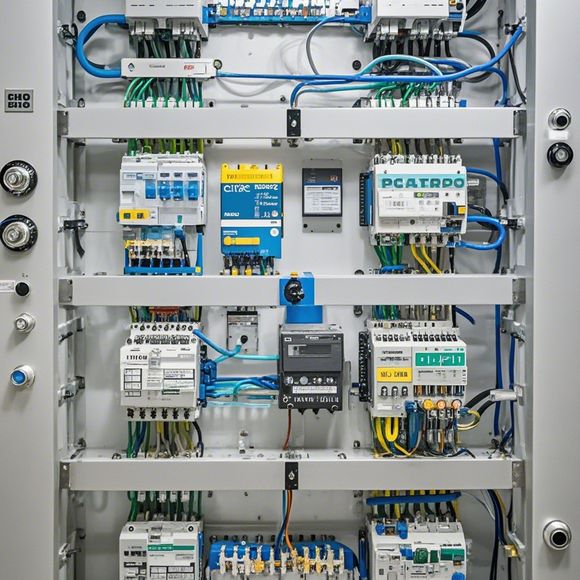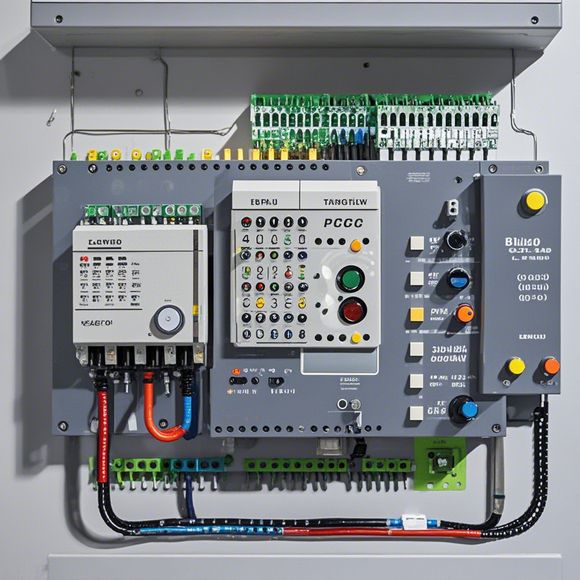PLC (Programmable Logic Controller) Operating Principles and Practical Applications
PLC (Programmable Logic Controller) is used to control industrial processes by executing specific sequences of instructions based on inputs from various sensors, switches, and other devices. It works by storing data and commands in a memory unit, allowing for precise timing and sequencing of tasks. Practical applications of PLC include manufacturing, assembly lines, chemical plants, and even household appliances like washing machines and refrigerators. The ability to program the PLC allows for automation of complex systems, reducing downtime and increasing efficiency.
Introduction to Programmable Logic Controllers (PLCs):
PLCs are a critical component in modern industrial automation, allowing for precise and efficient control of complex systems through the use of digital logic. These devices are designed to work with standardized electrical interfaces to interface with other hardware, such as sensors, actuators, and motor drives. PLCs can be programmed to perform various tasks, including sequencing, monitoring, and controlling, based on input signals from various sources. In this guide, we'll dive into the working principle of PLCs, their applications in different industries, and the importance of choosing the right controller for your needs.

Working Principle of PLCs:
At its core, a PLC is a microprocessor-based computer that executes program codes stored in memory chips. These programs are written in a high-level language that is easy to understand and maintain, which allows for quick development and updates. Once the program has been written, it is uploaded to the PLC's memory chip and executed in real-time. The PLC reads inputs from sensors, switches, or other devices, processes them through the program code, and outputs control signals to actuators or other devices. This continuous looping process allows for precise control of industrial processes without the need for human intervention.
Applications of PLCs:
1、Manufacturing Industry: PLCs are used extensively in manufacturing plants to automate assembly lines, quality control, and inventory management. For example, a PLC could be programmed to automatically control the speed of a conveyor belt based on sensor readings of product quality.

2、Automotive Industry: In the automotive industry, PLCs are used to monitor engine performance, tire pressure, and vehicle safety features like airbag deployment. They can also be used for diagnostics and maintenance tasks.
3、Process Industries: PLCs are essential in chemical, pharmaceutical, and food processing industries. They can be used to control temperature, pressure, flow rate, pH levels, and other process parameters.
4、Energy Production: In the energy sector, PLCs are used to control power generation plants, renewable energy systems, and energy storage facilities. They can be programmed to manage fuel consumption, emissions standards, and other critical operational metrics.
5、Healthcare Industry: PLCs are used in healthcare facilities like hospitals and clinics to monitor patient conditions, track medical equipment performance, and manage workflows. They can also be used for remote patient monitoring and telemedicine applications.

Importance of Choosing the Right PLC:
When choosing a PLC for your specific application, it's important to consider factors such as size, processing speed, communication protocols, and cost. Some common options include Siemens S7-series, Honeywell LOGO!, and施耐德的Delta V. It's also important to choose a PLC that is compatible with the existing system infrastructure, including hardware, software, and network connectivity. By selecting the right PLC, you can ensure that your automation systems are reliable, efficient, and cost-effective.
Content expansion reading:
Articles related to the knowledge points of this article:
PLC Controller for Manufacturing Automation
How to Use a PLC Controller for Your Business
Plumbers Rule! The Role of PLC Controllers in the World of Waterworks
Connecting a PLC Controller to Your Computer
PLC Controllers: A Comprehensive Guide to Understanding Their Prices